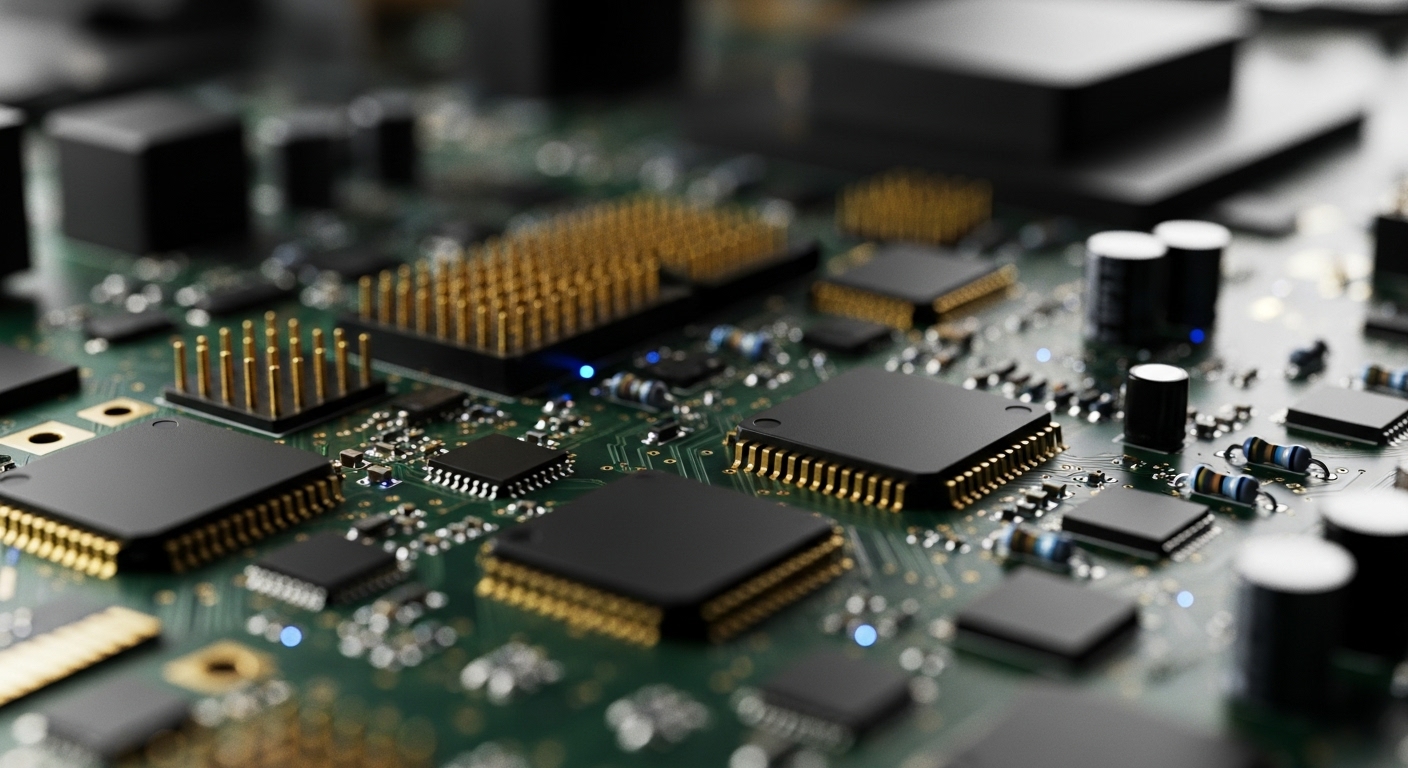Introduction: The Age of Technology
Technology has become the heartbeat of modern life, influencing how we communicate, work, learn, and entertain ourselves. From smartphones and wearable devices to artificial intelligence and robotics, technology continuously reshapes our world. Its impact is not limited to convenience; it drives innovation, fuels economic growth, and transforms society at an unprecedented pace.
The Evolution of Technology
Technology has evolved from simple tools to highly complex systems that power our daily lives. Early inventions like the wheel, printing press, and electricity laid the groundwork for modern innovation. The digital revolution introduced computers, the internet, and mobile devices, fundamentally changing the way we interact with information. Today, rapid advancements in AI, biotechnology, and quantum computing signal a new era of possibilities.
Key Technologies Shaping Our World
Several cutting-edge technologies are redefining industries and lifestyles. Artificial intelligence is enhancing efficiency, automating tasks, and providing intelligent solutions to complex problems. The Internet of Things connects devices and systems, creating smart homes and cities. Virtual and augmented reality are transforming education, entertainment, and professional training. Renewable energy and sustainable technologies are driving a shift toward environmentally responsible innovation.
Technology and Society
Technology profoundly impacts society and culture. It enables remote work, online education, and global communication, bridging geographic barriers. It influences art, entertainment, and social interactions while creating new economic opportunities. However, technology also raises critical questions about privacy, digital ethics, and equitable access. Society must balance innovation with responsibility to ensure that technology benefits everyone.
Challenges in the Technological Era
Despite its benefits, technology presents significant challenges. Cybersecurity threats, data privacy concerns, and AI ethics are pressing issues. Automation may disrupt traditional employment, requiring a workforce adaptable to new skills. Additionally, unequal access to technology can widen social and economic gaps, emphasizing the need for inclusive and sustainable innovation.
The Future of Technology
The future of technology promises extraordinary possibilities. Quantum computing, advanced robotics, AI-driven healthcare, and space exploration are on the horizon. Everyday life may be transformed by autonomous transportation, smart cities, and personalized digital experiences. As technology continues to evolve, it will create opportunities for innovation, problem-solving, and global connectivity.
Conclusion: Embracing the Tech Revolution
Technology is not just a tool—it is a transformative force that shapes the way we live, work, and interact. By embracing innovation responsibly, humanity can harness its potential to solve challenges, improve quality of life, and drive progress. The ongoing tech revolution is redefining the world, and those who adapt will thrive in an increasingly connected and intelligent future.



